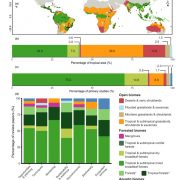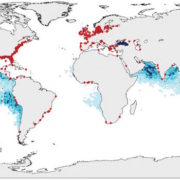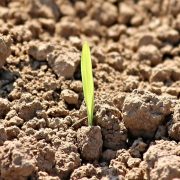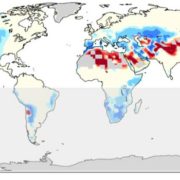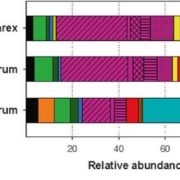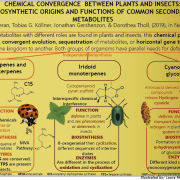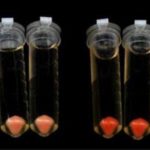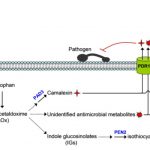Functional traits and phenotypic plasticity modulate species coexistence across contrasting climatic conditions (Nature Comms)
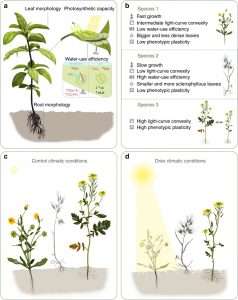 Understanding mechanisms for assembly of plant communities involves estimating different interactions among coexisting species, and how environmental change might affect those interactions. Peréz-Ramos et al. address how functional traits and their plasticity relate to the mechanisms that allow species to coexist. They studied ten annual species under two contrasting water availability conditions (control and drought). Traits related to plant physiology, morphology, phenology and reproductive ability were measured. For quantification of niche and fitness differences, mathematical demographic models of community assembly were used. Uni- and multidimensional associations were found highlighting for example the importance of light- and water-use efficiency. The plasticity of such traits modulates species coexistence at contrasting environments by stabilizing niche differences and by generating competitive trade-offs between species. (Summary by Cecilia Vasquez-Robinet) Nature Comms. 10.1038/s41467-019-10453-0.
Understanding mechanisms for assembly of plant communities involves estimating different interactions among coexisting species, and how environmental change might affect those interactions. Peréz-Ramos et al. address how functional traits and their plasticity relate to the mechanisms that allow species to coexist. They studied ten annual species under two contrasting water availability conditions (control and drought). Traits related to plant physiology, morphology, phenology and reproductive ability were measured. For quantification of niche and fitness differences, mathematical demographic models of community assembly were used. Uni- and multidimensional associations were found highlighting for example the importance of light- and water-use efficiency. The plasticity of such traits modulates species coexistence at contrasting environments by stabilizing niche differences and by generating competitive trade-offs between species. (Summary by Cecilia Vasquez-Robinet) Nature Comms. 10.1038/s41467-019-10453-0.


